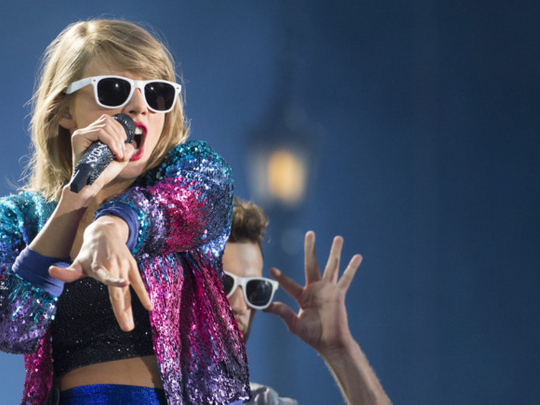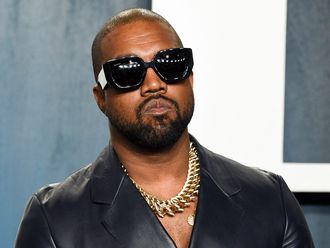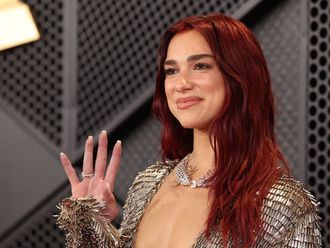
The prospect of Taylor Swift and music streaming service Spotify ever ever getting back together looks remote, after Swift negatively compared the company’s response to her withdrawal of her music in 2014 to that of her recent criticism of Apple.
“Apple treated me like I was a voice of a creative community that they actually cared about,” Swift told Vanity Fair about the latter dispute, which saw Apple change its plans not to pay rightsholders for streams on its Apple Music service’s free trial shortly after she criticised them in a blog post.
“And I found it really ironic that the multi-billion-dollar company reacted to criticism with humility, and the start-up with no cash flow reacted to criticism like a corporate machine.”
Spotify chief executive Daniel Ek wrote a blog post in response to Swift taking her back catalogue off the streaming service in November 2014, in which he defended the company’s “freemium” model and its support for musicians, and arguably didn’t sound like a corporate machine.
Swift is more likely to be referring to behind-the-scenes negotiations with Spotify, and background briefings given to journalists at the height of the dispute, however.
For now, her music is available on Apple Music and other streaming services that are either subscription-only, or allow her to “window” her albums so that they’re not available to their non-paying users. Spotify remains a Swift-free zone, and judging by her latest comments, that is likely to remain the case for some time.
In the Vanity Fair interview, Swift also admitted that she worries about the reaction whenever she comments publicly about digital music and artists’ rights.
“My fears were that I would be looked at as someone who just whines and rants about this thing that no one else is really ranting about,” she said.
Even before the dispute with Spotify, Swift was making her views known — for example, in an opinion piece for the Wall Street Journal in July 2014 on the value of music in the streaming age. “Music is art, and art is important and rare. Important, rare things are valuable. Valuable things should be paid for,” she wrote at the time.
“It’s my opinion that music should not be free, and my prediction is that individual artists and their labels will someday decide what an album’s price point is. I hope they don’t underestimate themselves or undervalue their art.”













